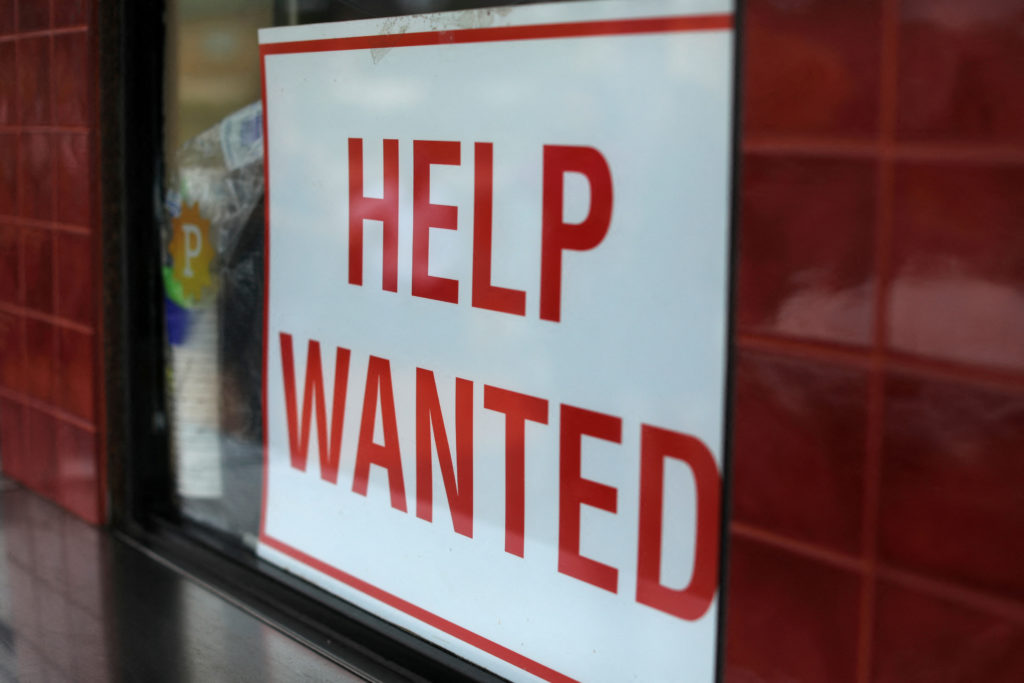Forget 3-month emergency funds—they're dangerously outdated. Today's layoff patterns demand a smarter safety net. Learn the new rules for building financial resilience without living like a recession is imminent.

Let's Talk Recession-Proofing (Because Hope Isn't a Strategy)
Look, I get it. Nobody wants to think about recessions when the job market seems decent. But here's the thing—those headlines about tech layoffs and retail store closings? They're not just news stories. They're wake-up calls. And if there's one thing I've learned from years of watching economic cycles, it's that the best time to prepare isn't during a crisis—it's right now.
The Emergency Fund Reality Check
Remember when everyone said three months of savings was enough? Yeah, that was cute. These days, your emergency fund needs to match your reality. A government employee with iron-clad job security might sleep fine with four months saved. But if you're in tech, where companies can go from hiring sprees to layoffs faster than a Silicon Valley startup burns through venture capital? You might want to aim for eight months.
Now, before you close this tab thinking "there's no way I can save that much," hang on. We're not talking about living on ramen noodles here. Start small—like $50 or $100 per paycheck small. The secret? Park that money in a high-yield savings account. With some online banks offering over 4% interest, your safety net actually grows while you're binge-watching your favorite shows. Pro tip: Shop around for banks offering new account bonuses. Why not get paid to save money you should be saving anyway?
Multiple Income Streams (Without the Side Hustle Hustle)
Everyone talks about side hustles like you need to become an overnight entrepreneur. Please. There are smarter ways to diversify your income without working yourself to death.
Take those employee benefits you're probably ignoring. Many companies offer stock purchase plans with built-in discounts of 10-15%. That's free money you're leaving on the table. And let's talk about credit card rewards—with inflation making everything more expensive, getting 2-5% cash back isn't just nice, it's necessary. But be strategic. That fancy travel rewards card? Worthless if you barely leave your zip code.
Own a home? That spare room you're using as a glorified storage closet could bring in $500-1000 monthly through long-term rentals. And unlike those short-term rental platforms (where you're basically running a mini-hotel), long-term tenants mean steady income without the constant turnover.
Debt: The Weight You Need to Drop
Carrying high-interest debt in this economy is like going grocery shopping while hungry—it's going to cost you more than it should. Start with the obvious: That credit card charging 20% interest? Every dollar you throw at it is basically earning you a 20% return. Show me an investment that guarantees that kind of return, and I'll show you a unicorn.
But here's where people get it wrong—not all debt is created equal. That mortgage at 3%? Throwing extra money at it might feel responsible, but with inflation where it is, you might be better off building your emergency fund or investing that extra cash.
Banking Relationships Matter (More Than You Think)
Here's something they don't teach you in school: Building a relationship with a local bank or credit union can be your financial lifeline when things get tough. Many offer relationship pricing—basically, better rates and fewer fees for being a loyal customer. Some even have unemployment assistance programs for long-term customers. It's like having a financial friend in your corner.
Fixed Expenses: The Silent Budget Killer
Let's be honest about those monthly bills. That gym membership you haven't used since New Year's? It's not just $50 a month—it's $600 a year that could be padding your safety net. And don't get me started on streaming services. How many shows can you actually watch?
Here's the deal: Every fixed expense needs to earn its keep. Call your service providers. Negotiate. Bundle. Sometimes just asking nicely can save you serious cash. And if you're really serious about building financial security, consider the big moves. A slightly smaller apartment or a move to a less expensive area could free up hundreds monthly. That's thousands annually for your security fund.
Your Skills Are Your Safety Net
In uncertain times, your skills are your most valuable asset. But here's the twist—professional development doesn't have to break the bank. Many employers offer education benefits that go unused (literally leaving money on the table). Build an emergency certification fund—having money set aside for quick upskilling could mean the difference between a quick job transition and a lengthy unemployment spell.
The Bottom Line
Building financial resilience isn't about living like the sky is falling—it's about being prepared enough that you won't have to change your lifestyle if it does. Start small. Build habits. Add more strategies as you get comfortable. The goal isn't to stress about money—it's to set things up so you don't have to.
Remember: Smart money management isn't about deprivation—it's about making strategic choices that protect your future while letting you enjoy today. Because at the end of the day, the best financial strategy is the one you'll actually stick to.